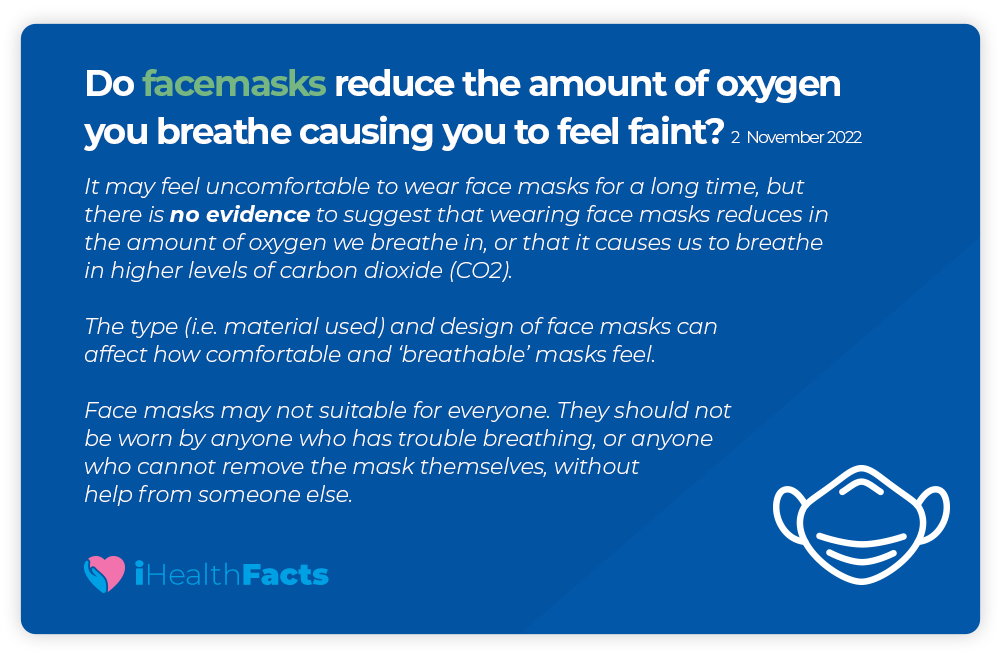- Lead Researcher: Dr. KM Saif-Ur-Rahman, Evidence Synthesis Ireland and Cochrane Ireland, University of Galway.
- Reviewed by: Prof. Declan Devane, College of Medicine, Nursing and Health Sciences, HRB-Trials Methodology Research Network, Evidence Synthesis Ireland & Cochrane Ireland, University of Galway.
- Topic Advisor: Prof. Dearbháile Morris School of Medicine, and Centre for One Health, University of Galway.
- Public and Patient Advisor: Ms. Deirdre Mac Loughlin, PPI Ignite, University of Galway.
- Journalist Advisor: Dr. Claire O’Connell, Contributor, The Irish Times.
Conflict of Interest Statement: The authors have no financial or other conflicts of interest for this health claim summary.
